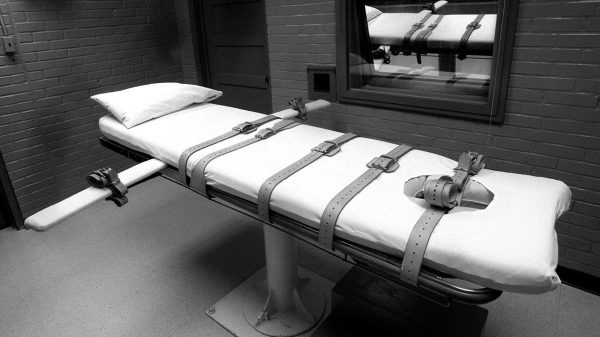If two people do drugs together and one of them dies, the other person could be charged with manslaughter— at least, that’s the concern expressed by Rep. Chris England, D-Tuscaloosa, Thursday on a bill that ultimately passed through the House of representatives along party lines.
The bill, sponsored by Rep. Chris Pringle, R-Mobile, further defines manslaughter to include language that would hold an individual responsible for supplying drugs that directly lead to the death of another individual.
Pringle said the bill is crucial to be able to hold drug dealers accountable for deaths that they cause.
“What this bill says is if you are selling a controlled substance, and you are not a doctor or a pharmacist, and you kill somebody—you could be charged with manslaughter,” Pringle said.
Pringle said the bill mirrors federal law that would allow the state to prosecute individuals.
England expressed his concern that the bill isn’t narrowly tailored to drug traffickers but could include family or friends who might share drugs and fall under this law.
That includes potentially parents who share a drug prescribed to them to their sick child.
“This is one of those bills that has much more unintended consequence than it does intended,” England said. “This may be going after an ant with a sledgehammer. You may have more people unintentionally violating this law than intentionally violating it and it makes me uncomfortable.”
England also questioned whether the bill would serve as a deterrent, or merely a punishment.
“We don’t have a clue how to deal with people who are using and abusing a substance,” England said. “You understand just like everybody else does that when you’re under the influence of a substance, you do things you wouldn’t normally do … they do drugs with other people with no intent to harm them because they are taking the same drug themselves. The last place you want to put someone with an addiction problem is in prison. The likelihood of the practical implications of what your bill will do is incarcerate more people addicted to substances and also make it less likely that they seek help when they need it the most.”
Alabama isn’t the first state to consider this law.
So far, 23 states have a law to this effect. Arkansas and Arizona are also considering similar bills and Wyoming’s Legislature just denied their own version of the law.
A record 107,000 Americans died from drug overdoses in 2021.
Pringle’s bill made it through the House last session but died before it could be considered by the full Senate.




















































